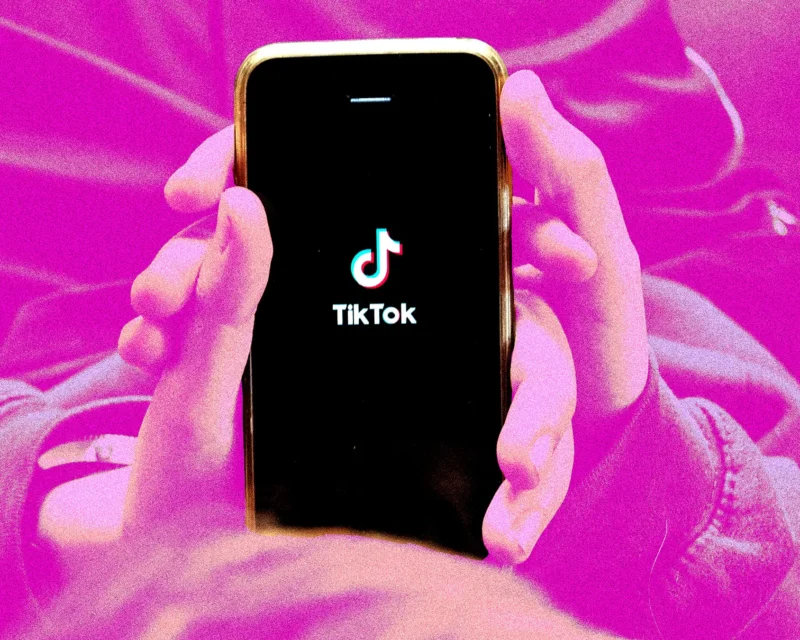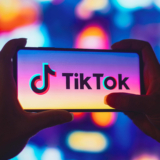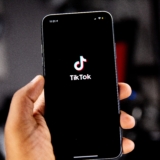A Battle Over Free Speech: TikTok and the First Amendment Case
As the January 2025 divest-or-ban deadline looms, TikTok has taken a bold stand, making its case for First Amendment protections. In an extensive filing at the DC Circuit Court on Thursday, the popular social media platform, alongside a group of its creators, argued that the new law targeting TikTok violates free speech rights. This move sets the stage for a high-stakes legal showdown, with oral arguments scheduled for September 16th.
TikTok, owned by Chinese tech giant ByteDance, contends that the U.S. government has not given proper consideration to viable alternatives before hastily enacting a law that could potentially ban the platform. According to the app, it has already presented an exhaustive plan to mitigate national security concerns, detailing measures that address data privacy and cybersecurity issues. This plan, which includes hundreds of pages of communications, slide decks, and presentations, was largely ignored by lawmakers, the company claims.
The crux of this argument lies in the assertion that the government’s actions infringe upon the First Amendment. By seeking to ban the platform, TikTok and its creators argue that the government is overstepping its bounds, impacting the free speech rights of millions of Americans who use the app for creative expression, information sharing, and community building. This case is not just about a social media app; it’s about the broader implications for free speech in the digital age.
The legal brief paints a picture of a government rushing to judgment without fully exploring less drastic measures. The company insists that its comprehensive plan to address security concerns—ranging from data storage in the U.S. to third-party audits—should have been sufficient to alleviate fears about Chinese government access to American user data. Instead, the government’s approach has been heavy-handed, pushing legislation that could set a dangerous precedent for censorship and control over digital platforms.
The creators joining TikTok in this lawsuit highlight the personal stakes involved. For many, it is more than just an app; it’s a livelihood, a source of connection, and a platform for free expression. Their participation underscores the real-world impact of a potential ban, amplifying the argument that the government’s actions could stifle voices and creativity across the nation.
As the court date approaches, the spotlight will be on the balance between national security and individual freedoms. The outcome of this case could have far-reaching consequences, not only for TikTok but for the future of digital speech in the U.S. and beyond. This battle is about more than just an app—it’s about protecting the principles of free expression in an increasingly connected and digital world.





